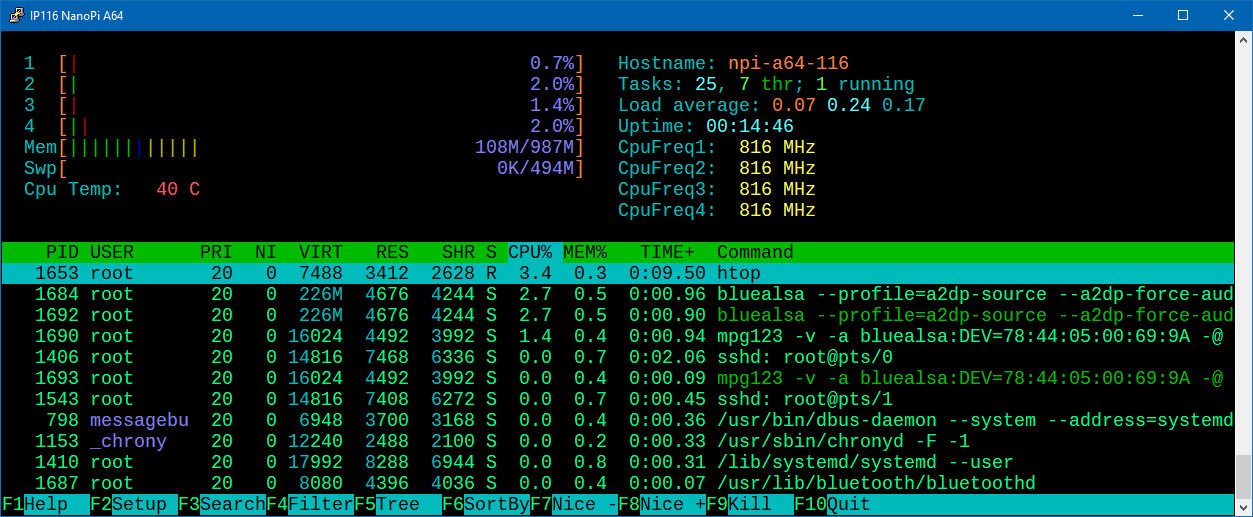levi
Still fresh, damnit!
I'd hope so, since there's still a year until that happens (if you believe that we really started counting at year 1 AD)I'm so excited! There's a chance we will all get our Pyras before the end of the decade!
Edit: I really should learn better at noticing that 'there's another page' notice (or whatever it says) at the end.



